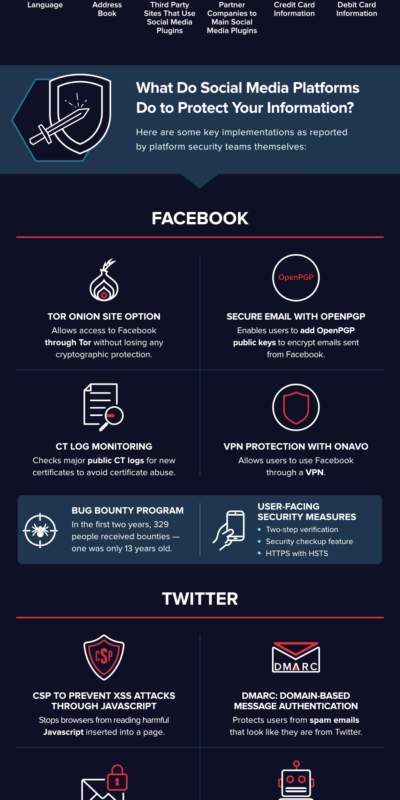Almost one in four of the 50 million mobile device users in the UK[1] do not password protect their devices suggesting they are not as tech literate as they profess according to new research commissioned by Experian CreditExpert to mark the beginning of National Identity Fraud Prevention Month. To see the story in full, click here – http://youtu.be/QMogA6V2pPg
Over two thousand (2,033) UK mobile device users were surveyed; and whilst 73% claimed to be tech literate, some worrying behaviour when getting on with a busy “Life On The Go” also emerged:
- Only 37% of respondents have a passcode or PIN on all mobile devices, and 27% on some devices. 43% of those that do have passcodes/PINs shared them with family, friends or colleagues;
- Only 17% of mobile device users always accept security updates that are sent to their mobile device, such as OS updates, potentially leaving their personal information at risk should their devices become compromised;
- Over a third (36.3%) do not ask anyone for security tips or support when using a mobile device.
The Technology Security IQ (TSIQ) research revealed that a third cite that it is social networking activities which worry them most with regards to other people getting access to their personal information, yet many of them reveal information through these channels that could be used to commit online identity fraud or theft:
- One in ten say that ‘everyone’ can view their social media account and they have no privacy settings in place;
- When it comes to sharing personal information, 13.6% list their email address and one in four reveal their date of birth on their social media profiles;
- 13.5% of respondents have accepted a friend request on Facebook from someone they don’t know, giving strangers access to the personal information they publish on their wall. This figure rose to over a fifth (22%) amongst 25-35 year olds and almost a third (29%) amongst 16 to 24 year olds;
- 6% ‘check in’ their location on social media, letting potential criminals know their house is empty. This number doubles (12%) amongst 16 to 24 year olds.


